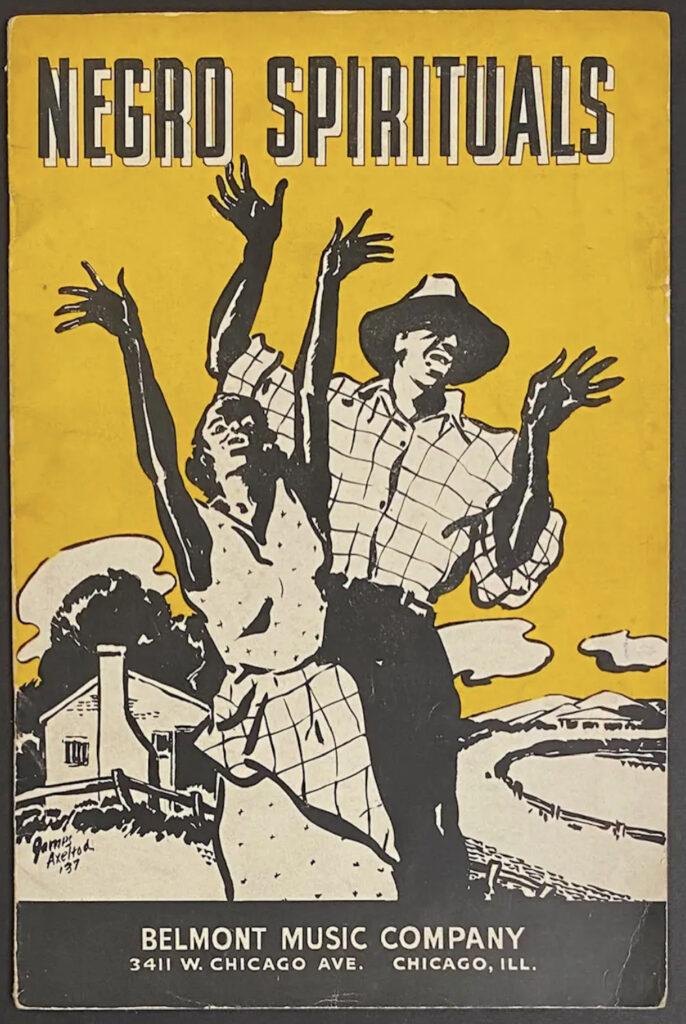Negro spirituals, also known as spirituals, are a genre of African American religious folk songs that originated during the era of slavery in the United States. These songs emerged within the African American community as a way for enslaved individuals to express their faith, communicate their struggles, and maintain a sense of cultural identity in the face of oppression. Spirituals often contain religious themes and were a way for enslaved individuals to express their faith and find solace in the midst of hardship. Many spirituals drew inspiration from biblical stories and passages. Some spirituals contained hidden messages and double meanings, serving as a form of coded communication among slaves. They conveyed messages about resistance, escape, and the hope for freedom. Spirituals frequently employed a call-and-response format, where a leader (or “caller”) would sing a line and the congregation would respond. This interactive style fostered community and participation. Spirituals often allowed for improvisation, with singers adding their own variations to the melodies and lyrics. This improvisational aspect reflected the oral tradition of African music. Spirituals laid the groundwork for various forms of African American music, including gospel, blues, jazz, and later genres such as R&B and hip-hop. During the Civil Rights Movement in the mid-20th century, spirituals became anthems for the struggle for racial equality. Songs like “We Shall Overcome” drew on the tradition of spirituals and provided a powerful soundtrack for the movement.


